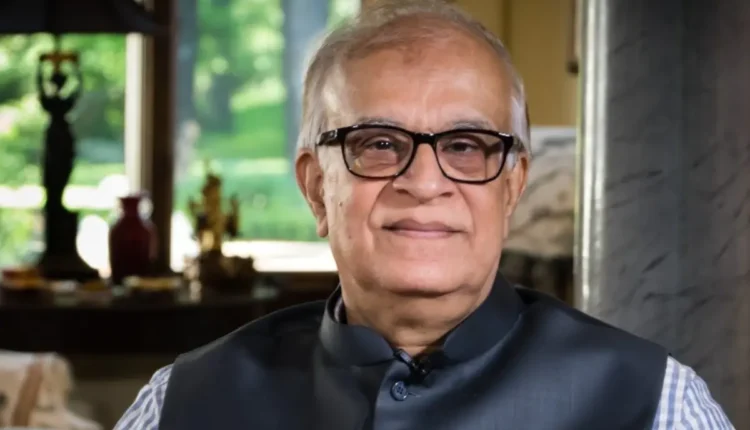:- Rajiv MalhotraIn a world where cultural narratives often clash, Rajiv Malhotra emerges as a distinctive voice, challenging paradigms and fostering a deep appreciation for Indic cultures. Born on September 15, 1950, in India, Malhotra’s journey from physics and computer science to becoming a prominent advocate for Indic studies is nothing short of inspirational.
Rajiv Malhotra’s Infinity Foundation: Nurturing Cultural Understanding
Established in 1994, the Infinity Foundation, under Malhotra’s leadership, stands as a beacon for the accurate representation of ancient Indian religions. Despite the foundation’s focus on education and philanthropy, it faces criticism for its perceived role in “surveillance of the Academy.”
The foundation’s impact is undeniable, having provided over 400 grants for research, education, and community work. From supporting Harvard University’s Indic studies to funding the Center for Buddhist Studies at Columbia University, Malhotra’s vision extends beyond borders.
Rajiv Malhotra’s Critique of Western Academia
Rajiv Malhotra‘s robust critique of Western academia, particularly in the early 2000s, brought him into the spotlight. His “Wendy’s Child Syndrome” blog post marked the beginning of a rift between Western Hinduism scholars and conservative Hindus.
Malhotra emphasized the need for a balance between individual scholars’ rights and the portrayal of cultures, urging scholars to criticize without defining another’s religion.
In the 2000s, Rajiv Malhotra questioned the influence of Indian-American donors on South Asian Studies, claiming that scholars undermined Indian culture by adopting worldviews hostile to its interests. He argued that American academia, dominated by a Eurocentric perspective, failed to acknowledge India’s contributions to world civilization.
The U-Turn Theory: Unveiling Appropriation of Indic Ideas
Malhotra introduced the “U-Turn Theory,” outlining the appropriation of Indic ideas by the West. From erasing the original source to repackaging and exporting ideas back to India, he provides examples spanning history, philosophy, and psychology. The theory sheds light on the nuanced dynamics of cultural appropriation and intellectual property.
Critique of Christian Yoga: Unraveling Cultural Misinterpretations
A vocal critic of Christian Yoga, Malhotra delves into theological differences between Yoga and Christianity. He argues that distorted versions of Yoga are not only inimical but also detrimental to Christianity’s fundamental principles. From the concept of unity consciousness to the subversion of Vedic principles, Malhotra meticulously dissects the clashes between these two ancient traditions.
Also Read :-Rina Banerjee: Crafting a World’s great Art and Identity

